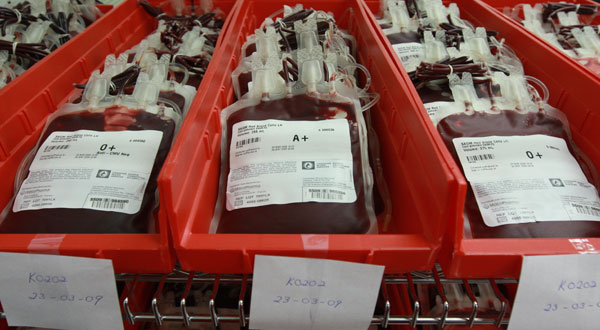SAN FRANCISCO: Scientists have announced they had discovered that certain proteins in the blood are critical to the aging process and the effect might be reversible.
It is the latest chapter in the centuries-old search for eternal youth.
Researchers studied mice but said they are planning a clinical trial on humans within the next six months.
The study was partly funded by Calico, a biotech company spun off from Google that focuses on extending human life. Researchers worked out of the University of California, Berkeley, and published the study in the journal Nature Communications.
Scientists transfused the blood of young mice into older mice via a surgical process called parabiosis. Pouring over the results, the team realized that proteins in the blood of older mice caused younger mice to show signs of aging.
“Our study suggests that young blood by itself will not work as effective medicine,” study leader Irina Conboy said in a statement. “It’s more accurate to say that there are inhibitors in old blood that we need to target to reverse aging.”
Conboy has worked for decades on reversing the aging process. In 2005, she led a team behind a study that found evidence for tissue rejuvenation when blood between young and old mice was exchanged by surgically joining the animals. At the time, the media jumped on the idea of replacing old blood with young blood – a move Conboy criticized as a mischaracterization.
The new study goes further than the 2005 study in unveiling specific mechanisms that apparently control aging. Researchers found old blood caused brain cells to develop more slowly in young mice, thereby limiting the memory in the mice.
“Old blood appears to have inhibitors of brain cell health and growth, which we need to identify and remove if we want to improve memory,” Conboy said.





